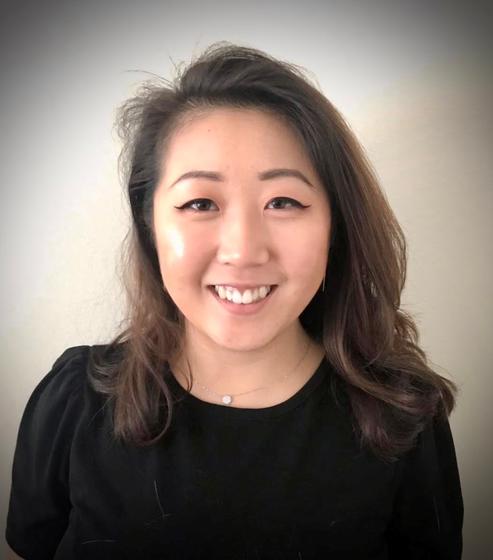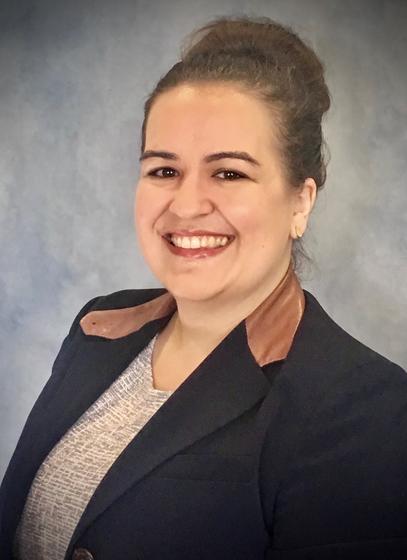In This Story
It may have been a simulation, but the artificial scenario five Schar School students found themselves in was more than a game. How they fared could provide insights to how policy makers control the next deadly global pandemic.
The five graduate students—Jill Allen, Caroline Gao, Meredith Wilson, Zach Huebschman, and Taren Sylvester—participated in the NASPAA-Batten Student Simulation Competition of 2021, with the very timely theme of “Pandemic 2.0.” More than 400 students representing 120 universities from across 30 countries took part in the late February event; 100 teams were evaluated on simulation scores, teamwork, organization, policy decision-making, and policy presentations.
When the pandemic haze cleared, three Schar School students advanced to the final round.
The competition used data from past pandemics and the current COVID-19 pandemic to simulate a world facing similar challenges to our own. And like an actual crisis, the competition put students into scenarios they did not expect.
“I thought that I was going to be with other Mason students, up until a week before the competition,” said Zach Huebschman, a student in the Schar School’s Master’s in Public Policy program; he also works as a consultant at the Defense Health Agency. “All of a sudden, I was going to be working with people I had never met before. We didn’t have a lot of the same experiences, and we had a lot of different backgrounds.”
Learning to adjust quickly was the first skill the competition tested. “Being able to work with a team of people from different schools, different backgrounds, without knowing each other,” Huebschman said, “I like to think we did pretty well as a team.”
Of the five teams each of these Schar School students was placed in, Taren Sylvester’s group placed second in their time slot. Jill Allen’s also placed second in their time slot. Caroline Gao’s group placed third regionally, and will advance to the next round where a global winner will be identified. There were some 20 teams competing in each time slot.
Preparation was a key skill, said Gao, a student in the Master’s in International Commerce and Policy program. “We got together before the competition to get to know each other, and to come up with a strategy,” she said. “We did some background research…The day of the competition the background research really helped us to make decisions because it all happened really fast.
“It was the same as policy decision-making,” said Gao. “You have to understand what is going on first. You have to interact with different departments. You have to do the background research. You have to communicate with other people.”
Communication was a skill all the participants agreed was important to master.
“Active communication was so important during simulations,” remembered Jill Allen, a graduating student in the Master’s in Public Administration program. “A year-and-a-half [in the simulation] goes by in about 45 minutes, so we had each member of the team forecasting different policy decisions to see how they would impact the economy, our public approval rating, and the spread of the virus.
“It seemed like we were typically making five to six policy changes every few minutes,” Allen said.
Competitive simulations such as the NASPAA-Batten Student Simulation Competition are important for those hoping to engage in careers in public policy and help develop skills that are valuable to society.
“These crisis simulations help students think through the challenges of pandemic response and understand what we need to do today to be better prepared for tomorrow,” said Gregory Koblentz, director of the Schar School’s biodefense graduate programs. “The simulation also reinforces a key lesson from COVID-19: That pandemics pose threats not just to public health, but to the economy, political stability, and national security.”
Schar School fact: The school is ranked No. 22 in the world, No. 11 in the U.S, and No. 1 in the Washington D.C., region for Public Administration Programs (ShanghaiRanking, 2019).


